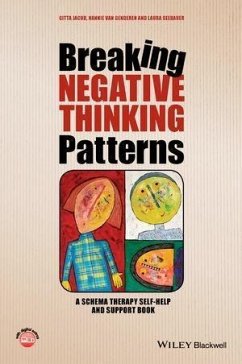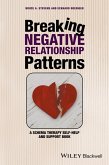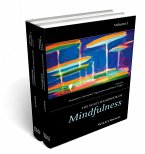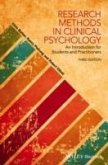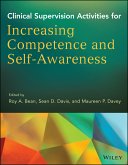Dieser Download kann aus rechtlichen Gründen nur mit Rechnungsadresse in A, B, BG, CY, CZ, D, DK, EW, E, FIN, F, GR, HR, H, IRL, I, LT, L, LR, M, NL, PL, P, R, S, SLO, SK ausgeliefert werden.
This book is an amazingly successful explanation of the essence ofSchema Therapy. It is perfect for anyone interested inunderstanding what drives our emotional, thinking and behavioralpatterns, and how those patterns can be changed. It is already abestseller in the Netherlands and Germany and a great help to itsreaders, so it is fantastic that it is now available inEnglish.--Arnoud Arntz, PhD, Professor of ClinicalPsychology, University of Amsterdam, the Netherlands

